Victims and Executioners: American Political Discourses on the Holocaust from Liberation to Bitburg
In recent years, much has been written on how the moral meaning and significance of the Holocaust has been appropriated in popular and political discourses in the United States. Authors such as Peter Novick and Norman Finkelstein have argued that the Holocaust has been “Americanized,” often detracting from its European origins and the problematic moral questions it poses. This work goes further by focusing on the particular framing of the Holocaust in U.S. official and public discourses with particular reference to foreign policy debate and how this contrasts with the “civil religion” of Holocaust commemoration in the United States. It traces the way in which such debates have been structured around various assumptions made about the victims on the one hand, and executioners on the other. It also traces how the relationship between the Jewish victims and German executioners in American public discourse has been affected by pragmatic and political considerations at various historical junctures, particularly those concerning the Federal Republic of Germany and the State of Israel
{{comment.content}}
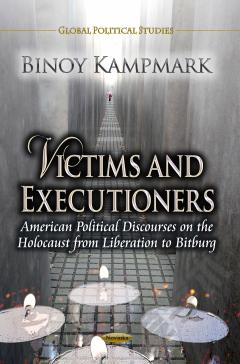
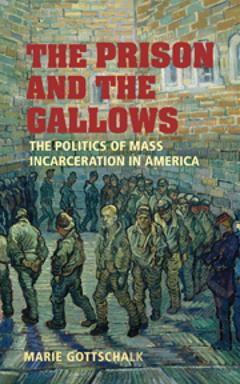
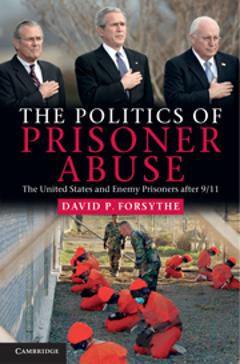
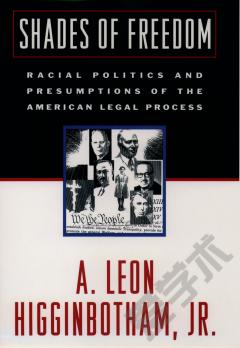
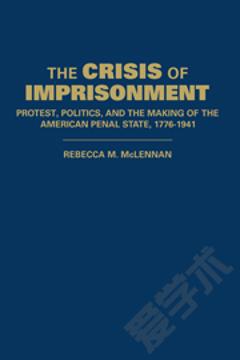
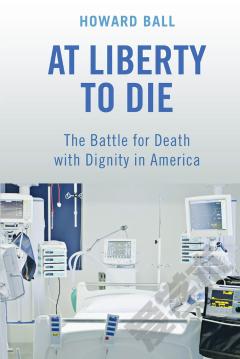
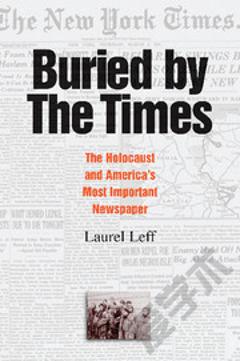

 京公网安备 11010802027623号
京公网安备 11010802027623号